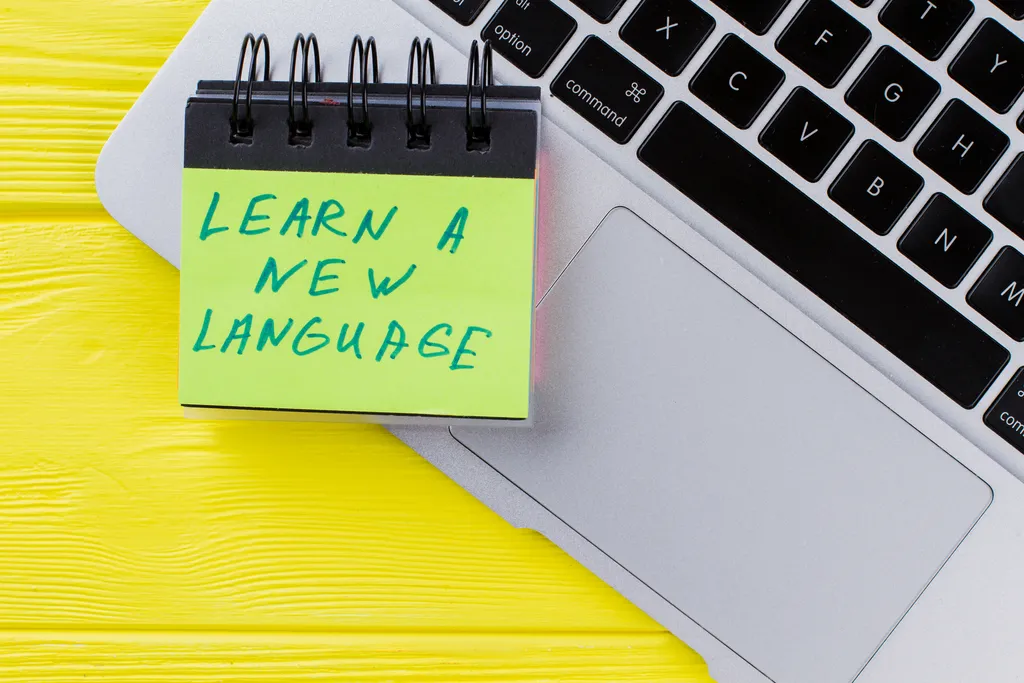Introduction
Are the skills you have now limiting you? Sometimes, you might want to learn something new but only spend a little money on a class or program. If so, you don’t need to look any further! Many free educational resources can help you learn new things and advance your career. There are many ways to learn, like a new language, a different society, a programming language, a Photoshop tutorial, or anything else. This blog post will discuss why free learning materials are the best ways to learn new things and how to find the most trustworthy ones. Read on to learn more about the world; let’s dive into the world of free educational tools!
Read More: Learning Materials
Identifying Free Educational Resources
Knowing where to look is the first step in discovering the best free educational resources there are to be had. It can be overwhelming and difficult to identify which sources are trustworthy and useful when so many possibilities are accessible. Your search will be simplified if you follow these suggestions on how to locate credible and high-quality educational resources that are free of charge:
Research Reputable Websites
Because the internet can be such a big and cluttered place, searching for credible websites that provide open access to educational materials is essential. Coursera, Khan Academy, edX, and OpenCulture are examples of reputable online educational platforms.
Read Reviews and Ratings
Take the time to read reviews and ratings left by others who have used a course or resource before committing to using it yourself. This might provide useful information regarding the efficiency and quality of the resource.
Look for reviews not only on the website itself but also on other sources, such as blogs and online communities.
Check for Credentials
Professionals in their respective professions developed most of the free educational resources. Before devoting any of your time to the authors or teachers of a piece of information, you should verify that they have the appropriate experience and credentials.
Look for a Variety of Formats
Because individuals acquire knowledge in various ways, it is essential to locate materials tailored to various modes of instruction. Keep your studying interesting and productive by seeking various learning materials, such as videos, podcasts, articles, and interactive exercises.
Take Advantage of Trial Periods
Some sources allow users to access their premium material for free for a trial period. Make the most of these opportunities to evaluate the resource before fully committing.
Use Social Media
A great number of educational websites and content developers now make use of social media channels to distribute free educational materials. Follow these accounts to keep up with the latest information and to have access to materials that are not available anywhere else.
Strategies for Using Free Educational Resources
Set Specific Goals
Before you begin your learning journey, it is important to establish crystal-clear and detailed objectives for what you hope to accomplish. This will guide you toward the needed materials and keep you focused while looking for them.
Create a Schedule
Because it takes both time and effort to learn something new, it is essential to devise a study routine that is suitable for you. Set aside a predetermined amount of time every day or week to focus on your education, and honor that commitment.
Take Notes
Reading or watching content can be a passive activity; therefore, it is important to actively engage with the material by taking notes on what you read or watch. You can remember important details and information if you do this.
Practice, Practice, Practice
Learning a new skill involves practice. Thus, it is important to put what you’ve learned into practice as soon as possible in real-world scenarios. Your comprehension will become more solid, and your abilities will advance.
Join Online Communities
Learners can engage with one another and share their experiences in various online communities and forums offered by many educational platforms. Make the most of these opportunities to communicate with other students, receive feedback on your questions, and ask others questions.
Benefits of Utilizing Free Educational Resources
Cost-Effective
Free educational resources can be accessed without charge, just as one could guess from the category’s name. Because of this, they are an efficient and affordable alternative to the conventional teaching methods.
Flexible and Convenient
You have the freedom to learn at your own pace and on your timetable when you use the tools available online. This is especially helpful for individuals who have packed schedules or other responsibilities to attend to.
Wide Range of Topics
The internet is a tremendous repository of information, and several free educational materials that cover a wide variety of subject areas are available online. This means you can learn about nearly anything that piques your interest.
Accessible from Anywhere
To access the information in online resources, all you need is a connection to the internet. This makes it possible to study from anywhere in the world, regardless of your location.
Continuous Learning Opportunities
You will have access to a wealth of options for ongoing education and development due to the frequent upgrading and addition of new material in freely available educational resources.
Overcoming Obstacles and Challenges with Learning from Free Resources
Technical Difficulties
Problems with technology are a possibility in online education. Before you dive headfirst into your education, check that you have a reliable internet connection and fix any issues that may have arisen with the software or the hardware.
Lack of Motivation
When you are responsible for your education, it can be simple to lose motivation. To counteract this, you should reward yourself for accomplishing goals within reach.
Distractions
When you have the internet, it’s simple to become sidetracked by many websites, including social media platforms. Reduce the amount of time you spend distracted by scheduling designated study periods and turning off devices that aren’t necessary.
Limited Feedback
unlike a typical classroom setting, online learning might provide fewer opportunities for instant feedback. Use online groups and discussion boards to get queries answered and comments from community members.
Balancing Other Commitments
When you combine work, school, or family obligations, finding time to further your education can be challenging. Learn how to prioritize it and seek out snippets of time throughout the day to squeeze in some studying.
Practical Examples of How to Learn New Skills with Free Resources
Learning a New Language
Use free online resources such as Duolingo and Babbel to hone your reading, writing, and speaking skills in the language you wish to learn. To improve your listening comprehension, supplement with videos and podcasts.
Mastering a New Software
Suppose you want to learn how to utilize a certain software or technology. In that case, you can learn how to do so by watching instructional videos on YouTube or enrolling in Coursera’s online courses. Get some hands-on experience by building projects with the software.
Improving Writing Skills
To enhance your language and sentence structure, try using some free internet services, such as Grammarly or Hemingway. Start a blog or keep a notebook where you write often to get some practice.
Next Steps After Taking Advantage of Free Educational Resources
Consider Paid Options
If you have discovered that a certain resource or platform is useful to you, consider investing in their premium courses or membership to gain access to more sophisticated and extensive content.
Share Your Knowledge
Teaching others helps you better comprehend and remember the material, a huge benefit of the activity. Think about organizing a study group or offering your assistance to others who could profit from the same resources that you did.
Expand Your Learning
Refrain from relying on a single platform or resource. Continue to broaden your knowledge and abilities by investigating and gaining experience with new educational materials.
Give Back
The continuation of many free educational tools is contingent either on monetary donations or the support of the local community. Consider thinking about donating, helping out in some other way, or writing a glowing review of a resource that has been helpful to you.
Conclusion
In conclusion, free educational resources offer a wide range of chances for both individual and professional growth. They make it possible for you to increase your knowledge and abilities in a wide variety of fields in a manner that is adaptable, inexpensive, and easily accessible. Despite this, the procedure calls for self-control, dedication, and sound planning to successfully navigate any possible obstacles. Once you have reaped the benefits of free resources, it is crucial to seek paid options for additional learning, share what you have learned with others, and contribute to the community of people interested in learning. In general, exploiting these resources constitutes an investment that lasts a lifetime and facilitates continual learning and development.
Frequently Asked Questions
Q1: What are some reliable platforms for free educational resources?
When learning a new language, several reputable online sites include Khan Academy, Coursera, edX, and Duolingo. You may learn how to program by checking out either Codecademy or FreeCodeCamp.
Q2: How do I stay motivated when using free educational resources?
Keeping a regular study routine, setting goals within reach, and rewarding yourself when you hit certain milestones are all helpful ways to keep motivated. Participating in online learning communities can provide additional motivation and support, respectively.
Q3: Can a full education be obtained solely from free resources?
Free resources can teach you many topics and give you a lot of information. Still, they might have a different structured curriculum, credentials, or accreditation than traditional schools. But they’re great for continuing to learn, picking up new skills, and adding to formal schooling.
Q4: How can I give back to the free educational resource community?
You can give back by giving money to the resources you use, your time or skills as a volunteer, and writing good reviews about these sites to help others find them. Sharing what you know with others by tutoring or starting study groups is another great way to add to the learning community.
Q5: What strategies can overcome the lack of immediate feedback in online learning?
You can get comments by joining online study groups or forums related to your course. A lot of the time, these platforms have experienced students who can answer questions or give comments. Some online platforms also have built-in peer-review tools that let users review each other’s work and give each other helpful comments.





